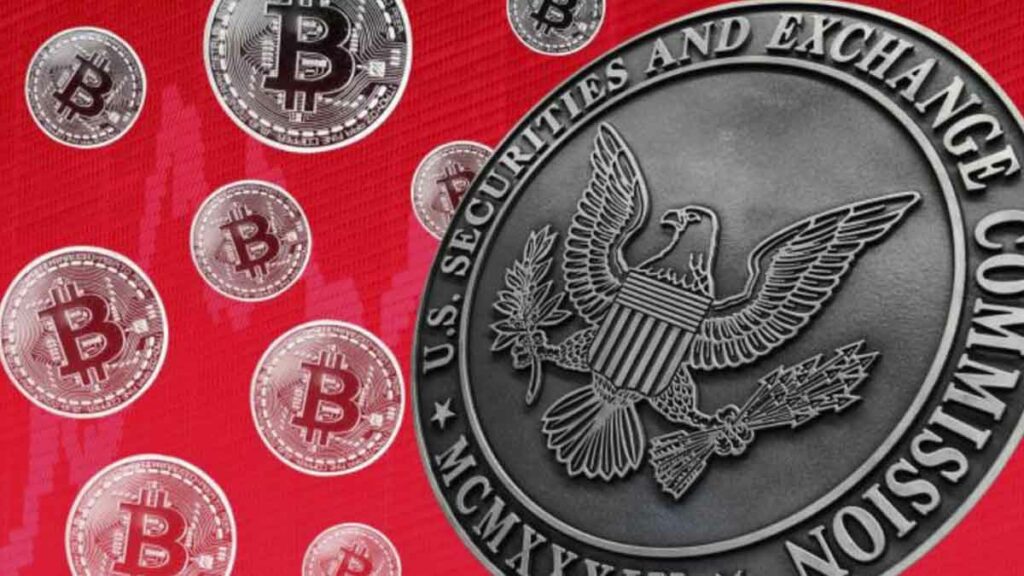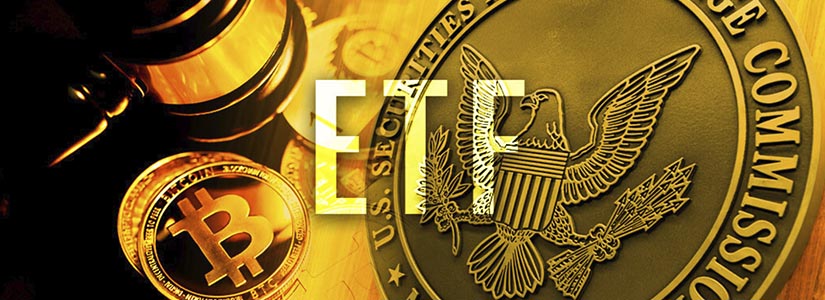The Bitcoin (BTC) market was rocked by a wave of volatility following an unexpected hack into X’s account from the US Securities and Exchange Commission (SEC).
In a surprising twist, hackers took control of the official account known as SEC X and sowed confusion by posting fake tweets related to the long-awaited approval of Bitcoin exchange-traded funds (ETFs).
These fictitious messages triggered an immediate reaction in the Bitcoin market.
In a matter of minutes, the price of the leading cryptocurrency went from $46,800 to $47,680, while more than $500 million in futures positions were opened in just ten minutes.
However, the rapid price fluctuation also led to massive liquidations of leveraged positions.
According to data provided by CoinGlass over the course of the last 24 hours, liquidations of 68,834 traders were recorded, totaling a value of $228.32 million.
Standing out among these liquidations, the largest single liquidation order took place on the Bybit platform, worth $6 million on the BTCUSD peg.
In detail, it is noted that liquidations on the last day amounted to $136.45 million for long traders, while short positions represented $91.86 million of this total liquidations.
This incident between Bitcoin and the SEC highlights the effects of external manipulation
The ability of hackers to influence prices through false information highlights the critical importance of verifying sources before making trading decisions.
Furthermore, it highlights the urgent need to strengthen security and surveillance in the cyber economy industry to mitigate similar risks in the future.
Despite the chaos unleashed by the hack, the crypto community is eagerly awaiting the SEC’s decision on thirteen proposed Bitcoin ETFs.
Although Bloomberg analysts point to a probability of approval above 90%, estimates from cryptocurrency market bettors are slightly more conservative, around 85% for approval.
The event also serves as a stark reminder of the need for caution and verification of information in cryptocurrency trading.
The ability of misinformation to significantly impact asset prices emphasizes the importance of due diligence and confirmation of data from reliable sources.
This incident underlines the urgency of implementing stricter measures to protect official platforms and accounts against unauthorized access and manipulation.
As the cryptocurrency market continues to attract attention, both regulators and industry participants will look to bolster cybersecurity as a safeguard against similar risks in the future.











